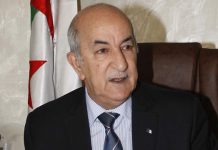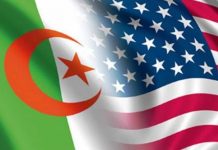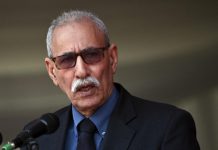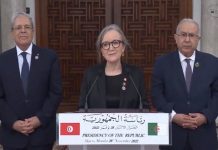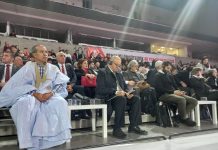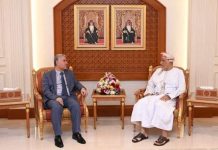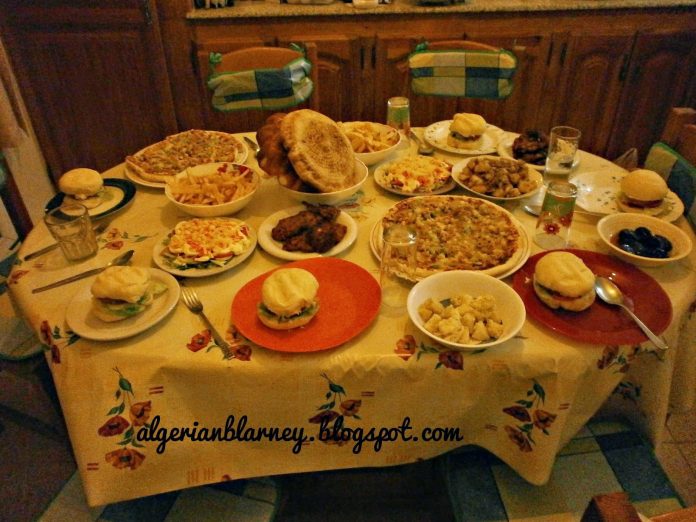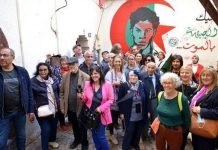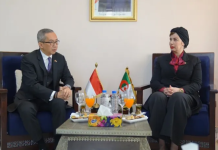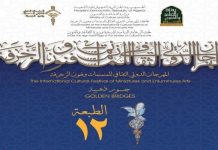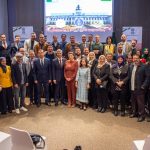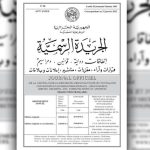The auspicious month of Ramadan is greatly welcomed here in Algeria where past customs have been practiced for generations.
This month symbolizes enjoyment and happiness and a great opportunity for repentance and worship.
Algerians differ in the way they prepare for and celebrate the Holy month of Ramadan. Most people however make it an occasion of family unity, service to society and supporting one another.
Pre-Ramadan:
Religious practice, like fasting during the day and praying during the night, is common weeks before Ramadan. For women, however, the preparations are not strictly religious; setting up the house to receive guests during the month - a tradition for decades - is a must.
Before Ramadan, women take the responsibility of cleaning the house. Some women go to the extreme of totally making over the whole house; refurbishing and painting.
Algerian women usually buy new cooking utensils, which will be used in cooking the heavy meals and big banquets, and purchase new dishes.
“I am used to preparing for the holy month of Ramadan by first cleaning the house, then taking care of household matters and buying all new for the kitchen, especially dishes,” says Sajiyya, a housewife in her late thirties.
But it is not only her home that Sajiyya takes care of.
“My family also helps me in washing the carpets and the mats of the district mosque. We volunteer.”
Such preparations for Ramadan - taking care of mosques - are considered first and foremost spiritual; however, cleaning mosques is also the responsibility of the state during Ramadan.
The Algerian people wait for Ramadan with a great deal of anticipation. Ramadan is set apart from all the other months to the extent that over there it is given the “honourable title of ‘Sidna Ramadan‘”. Sidna meaning our owner or master.
As regards meals consumed by the Algerians during the month of Ramadan, Chorba (soup), bourek (a kind of samosa) and salad are the basic requirements, along with a ‘jew-ez’ which is a stew type of dish, and ‘laham lahalou’ which translates into ‘sweet meat’ and consists of prunes, sultanas, apricots cooked in a syrup along with meat, although a lot of people nowadays dispense with the meat altogether. Then there is the ‘kalb el louz’ (heart of the almond) which is an almond based sponge like cake steeped in syrup, and ‘zalabia’ (Jalebi) which is flour based batter deep fried in rings and dripping in syrup.
Breaking fast, cooking at home, choice of food and other traditions…
Following the prophet’s tradition of breaking the fast, in Algeria it is done with milk and dates, then once Maghreb (sunset) prayer is over, the array of delectable food is served, where the family gathers and eats together.
After Tarawih (evening) prayer, families gather and enjoy green mint tea along with traditional delicacies, usually very rich in honey and nuts such as baklawa, ktayefs.
Other desserts that are usually had at this time include mhancha, zalabya, makroud, kalbellouz, halwet tourk, halkoum, just to name a few.
Happy Ramadan
algerianblarney+dimasharif
An Algerian news website aims at covering all the country’s territory through providing objective and positive image, focusing the most on breaking news.
A dynamic team is working on feeding the website by credible information in all fields of life; a reliable network composed of specialized elements working in harmony with our team in Algiers, the website’s headquarter, provides us more coverage and simultaneity.
“English” is what makes us different in Algeria and ranks us first too not only as a news website; English also makes it simple and fast for Anglophone world to discover our country.








